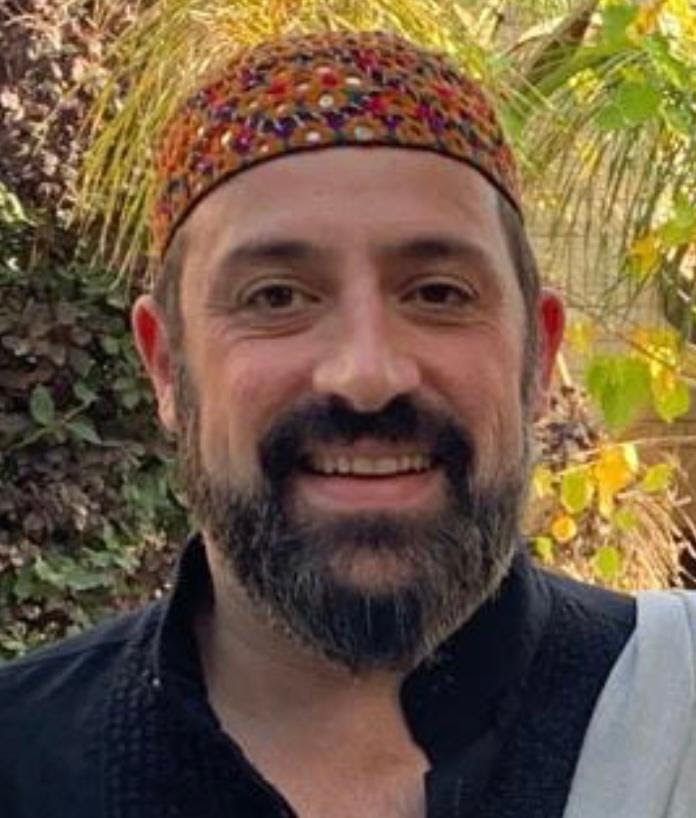John Thomas Pinna
EXECUTIVE DIRECTOR, THE DEVELOPMENT ORGANIZATION FOR SOCIETIES IN TRANSITION (DOST)
John Thomas Pinna is an international development operative working in the areas of government relations, political positioning, and engagement modeling. His work focuses on the developing world, religious freedom, and national security.
He is the host of the Crossing Faiths Muslim/Christian podcast and the Founder and Executive Director of Muslims for Muslims International.
Over his 20-year career in international development and countering radical ideology, Pinna has personally secured and managed $600 million across 43 projects, with engagement in 22 countries across the Middle East, North Africa (MENA), and Asia. In total, he has contributed to securing $12.7 billion in international development initiatives.
In 2009, Pinna joined the American Islamic Congress (AIC) as its Director of Government and International Relations. Following his tenure at AIC, he led multi-faith events for three years and served as Executive Director of the Development Organization for Societies in Transition (DOST), where he coordinated international programs and organized events with Muslim leaders and His Holiness the 14th Dalai Lama.
Pinna has also contributed to drafting segments of the U.S. National Security Strategy (NSS) and supported logistics for the first Ministerial at the U.S. Department of State (DOS). He advises the National Security Council Directorates on Iran, Pakistan, Afghanistan, Tunisia, and international religious freedom (IRF), and collaborates with various DOS bureaus, including those focused on Afghanistan, Libya, Tunisia, Ukraine, and countering radical ideology.
Abstract:
Across the Muslim world, democracy today finds itself in a precarious position. Rising
authoritarian tendencies—from repressive legal frameworks to crackdowns on dissent—are
creating pressures that even the region’s more stable nations struggle to contain. In the West,
pundits often attribute this phenomenon to inherent conflicts between Islamic values and
democratic rule. Many Muslim-majority countries operate under complex legacies of
colonialism, entrenched elites, and socio-economic inequalities that stifle progress. The Amman
Message, a declaration first issued in 2004 by Jordan’s King Abdullah II, emphasizes Islamic
unity, tolerance, and the rejection of extremism. Some scholars now posit that its principles, if
institutionally embraced, could provide the moral framework needed to support more open and
accountable governance. What proponents say the Amman Message offers is a common moral
language that leaders, civil society, and religious scholars can rally around. This framework
could theoretically encourage more participatory governance, if coupled with institutional
mechanisms that hold leaders accountable.
This paper carries out a comparative case analysis assessing challenges and the relationship of
Islamic consensus to democratic norms with one stable democratic context (e.g., Indonesia), one
transitional democracy (e.g., Tunisia), and one semi-authoritarian regime (e.g., Jordan). The
paper then does a qualitative content analysis and cross-case comparisons, focusing on the
influence of the Amman Message’s principles—especially religious tolerance and consensus-
building—on governance models. Analysis will utilize policy documents, international indexes
measuring democratic health, regional think-tank reports, and media accounts.
This paper is directly in line with the conference priorities of Islam and democracy:
Compatibility, challenges, and pathways forward and The rise of authoritarianism in the Muslim
world and its consequences. Recognizing current challenges to democracy in the Muslim world,
this paper analyzes the impact of the Amman Message as a path towards democracy based in
Islamic principles.


